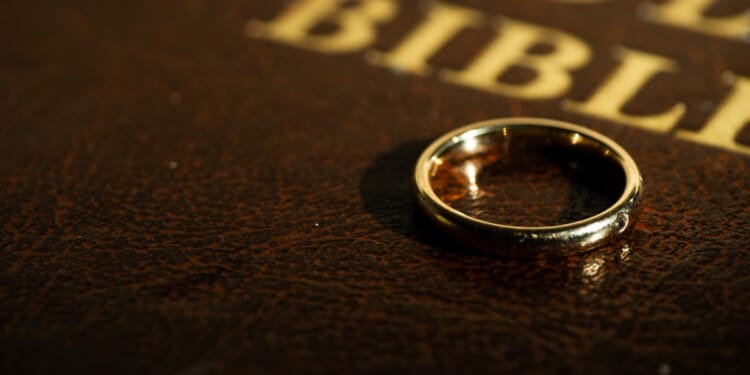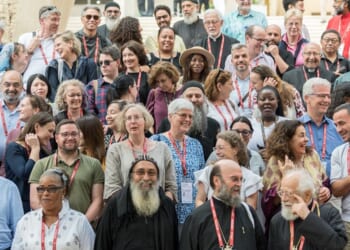CHURCH authorities are failing to take seriously the physical and emotional abuse suffered by divorced and separated clergy spouses and partners, respondents to a new survey suggest.
The research by Broken Rites, a support group for divorced and separated clergy spouses and partners, identifies abuse as a factor in the breakdown of 83 per cent of respondents’ marriages. Only 13 per cent believed that the authorities took this abuse seriously. It was suggested that the Church was more focused on sexual abuse.
“How do we report the abuse and be believed when the perpetrator is seen as ‘a good and caring person’ in the eyes of parishioners and the public?” one respondent asked.
Housing and financial security were shown to be the greatest practical challenges facing respondents, closely followed by mental-health and legal challenges. The survey covered a period from 21 March to 31 May, and all responses were anonymous. It was emailed to 168 members, with 77 responses.
The findings showed a lack of advice “at the point of desperate need”. Thirty-seven respondents had not been able to access any advice and information about finance and pensions around the time of their marriage breakdown, and 21 said “not enough”. Inadequate institutional support from church bodies had led individuals to seek help elsewhere, the research found; many relied on solicitors for financial advice.
The emotional state of individuals during breakdown “often hinders their ability to seek and process advice, leading to missed opportunities for better financial outcomes,” the report says. A common theme was the complexity of financial settlements and shared pensions. Some said that they felt cheated by the Church’s handling of pension valuations, often believing the treatment to be “unfair”.
Some had received support from clergy organisations, including Bishop’s Visitors, but Broken Rites found the quality and effectiveness of such support to vary significantly.
“Being believed and being listened to is what it comes down to,” the chair of Broken Rites, Sue Bamber, said. “Dioceses look after their own [clergy], understandably — the voice of the other party involved is not given much weight. At the end of the day, the feeling is that they need to protect the institution.”

















